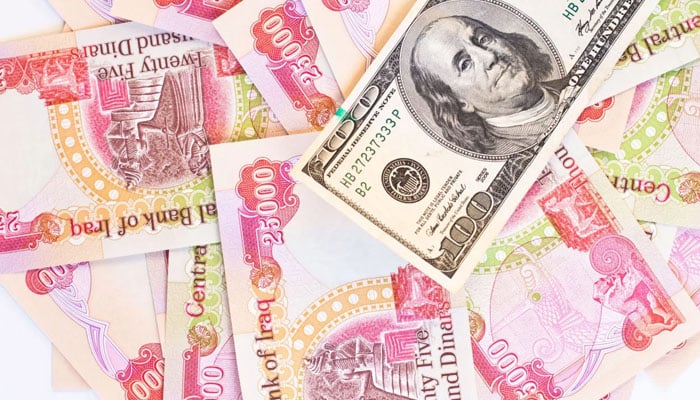Iraq oil prices today showed a gradual rise, reflecting both regional production shifts and global market reactions. Traders observed Brent crude hovering near a stable range, offering cautious optimism for energy markets.
In southern Iraq, oil was priced close to $83 per barrel, depending on shipment size and quality. However, in northern regions, some contracts were signed at slightly lower rates. These changes reveal how local infrastructure impacts transportation costs.
Despite global concerns, Iraq oil prices today remained mostly consistent. This stability encouraged domestic refineries to maintain normal output levels. As a result, fuel distribution across provinces continues without major disruptions.
Meanwhile, demand from Asian markets continues to support Iraqi exports. Countries like China and India remain key buyers of Iraqi crude. Their long-term contracts help stabilize revenue, even when short-term prices shift.
Moreover, oil analysts note that Iraq’s compliance with OPEC+ production agreements plays a crucial role. By balancing output, Iraq helps maintain market discipline. This strategy supports Iraq oil prices today across both export and domestic markets.
Local energy companies have also adjusted their strategies. Some firms now focus more on refining and less on raw exports. This shift helps add value inside the country and creates more local job opportunities.
In addition, improvements in pipeline infrastructure reduced delays and bottlenecks. Smoother transport operations give buyers more confidence and protect future sales agreements.
Retail fuel prices inside Iraq have not changed significantly. Government subsidies still protect consumers from global oil shocks. However, further shifts in Iraq oil prices today may lead to pricing policy reviews.
In conclusion, Iraq oil prices today reflect a balanced market. With steady demand and controlled supply, the country benefits from both regional strength and global cooperation.



